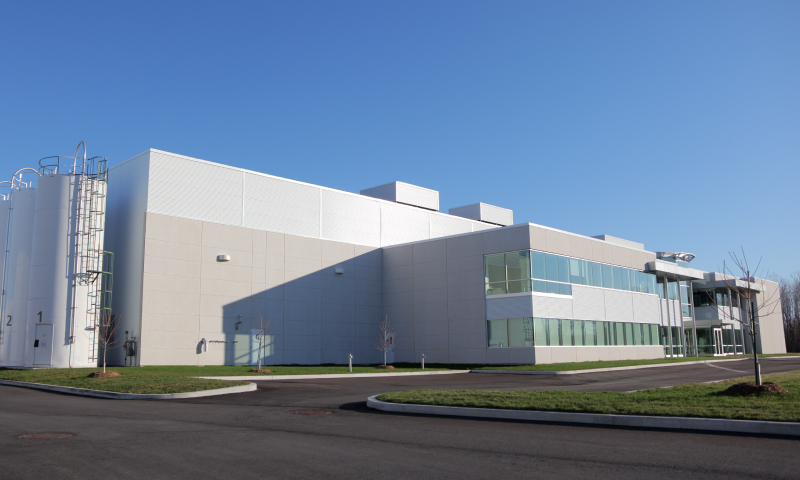06 April 2022
Manufacturing production slowed in March, mainly driven by future output sharply dropping from 80.0 to 75.8 which is the lowest level in over a year; and could be an early indication to further turbulence ahead for the manufacturing sector.
Manufacturers will be acutely aware that the ongoing Russia-Ukraine conflict could dampen future output with increased supply chain disruption and further volatility in the energy market. All this without mentioning Covid, where despite positivity in the UK as we come out of restrictions, other areas in the world, in particular China, are re-entering lockdowns. This could further exacerbate supply chain problems for UK manufacturers, so businesses could be showing a prudent approach to future activity.
The latest RSM UK Middle Market Business Index tells a similar picture which saw the first drop from 139.6 in Q4 to 134.9 in Q1 – highlighting that businesses remain cautiously optimistic about the future but are also conscious of potential headwinds that might derail economic growth in the UK.
This month also sees costs going up for businesses across the UK with increased national insurance obligations and rates relief coming to an end. In addition, consumers will be hit with increased energy prices, higher interest rates and price inflation as the cost of living crisis bites. This could slow consumer spending. However, the latest data shows consumer spending remains strong for the start of 2022, so if this continues and consumers dip into pandemic savings to counter rising prices then the impact on reduced demand might be smaller than expected.
Pugh’s View
Middle market firms face an increasingly challenging outlook. The Russian invasion of Ukraine has dramatically increased the prices of a broad range of commodities, from oil to wheat, and that’s driving up costs. At the same time, consumers are experiencing the largest real income squeeze on record. This will inevitably impact demand, especially among lower-income consumers who will be hit hardest by rising energy and food prices. To top it all off, restrictions on exports from Russia and coronavirus-related shutdowns in China risk sparking another supply chain crisis before the economy has recovered from the last one.
While we aren’t forecasting a recession, we are expecting minimal GDP growth after Q1 and it would not take much by way of a further increase in energy prices or supply chain disruptions to push the UK into recession.











